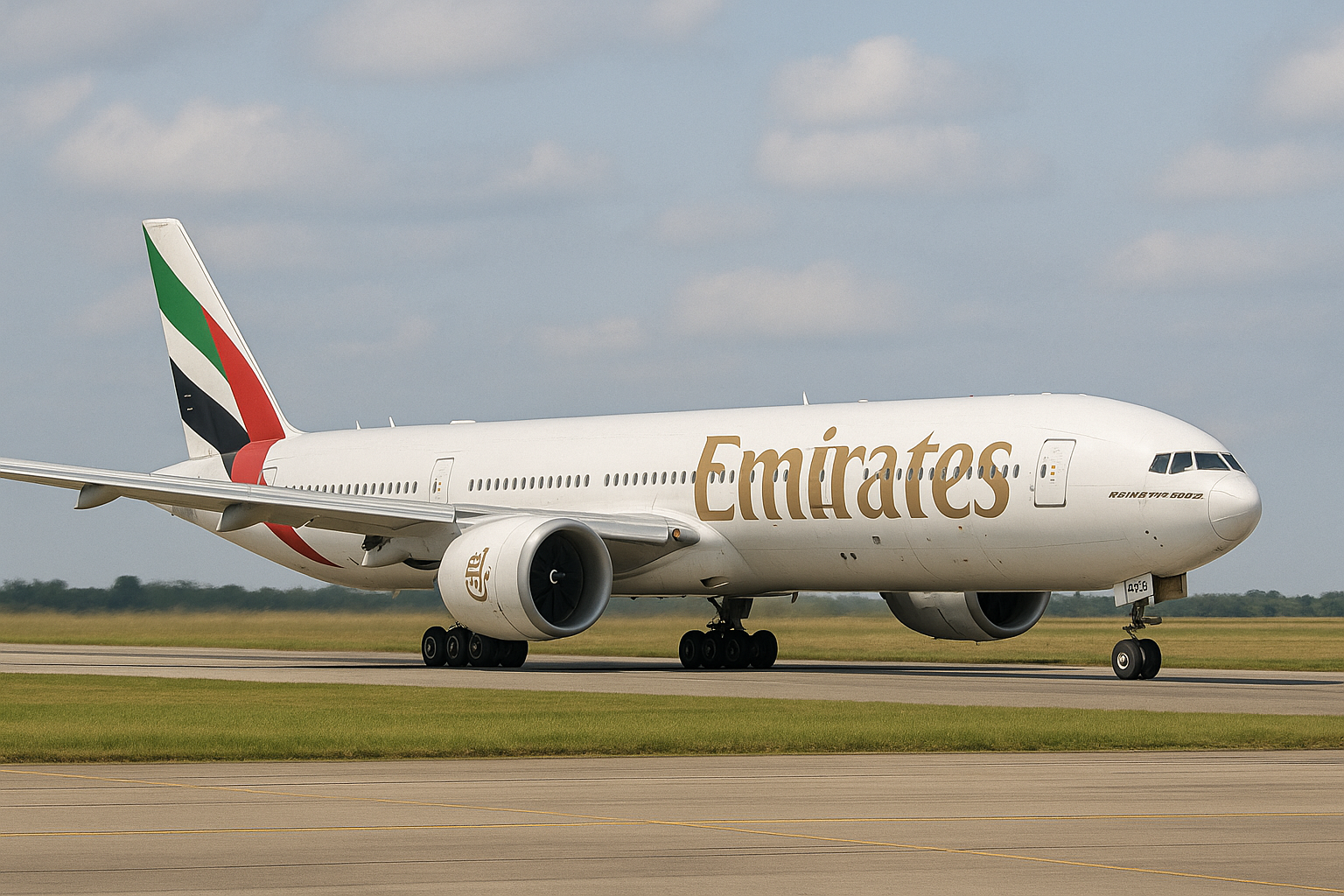
Emirates Airlines commits $2 billion to sustainable aviation fuel (SAF) research, aiming for carbon-neutral operations by 2050. Emirates has pledged $2 billion to develop sustainable aviation fuel (SAF). This is part of its plan to achieve net-zero emissions by 2050.
Sustainable aviation fuel can reduce carbon emissions by up to 80% compared to traditional jet fuel. It’s made using biofuels, waste oils, and synthetic processes. As global aviation aims to reduce its environmental impact, SAF is seen as a key solution.
However, SAF faces major challenges—high production costs and limited supply make it difficult to scale. Despite this, the industry continues to push for wider adoption.
Emirates is not alone. Leading airlines like Delta Air Lines and British Airways are also investing in SAF and sustainable practices. Yet, Emirates’ $2 billion pledge signals one of the largest commitments in the industry to date. This move could accelerate innovation in SAF production and inspire others in the sector to follow suit.
With global pressure to meet climate goals, such as those outlined in the Paris Agreement, airlines are being pushed to innovate faster. Emirates’ investment is not just a company initiative—it’s a step forward for the entire aviation sector.
While the road to net-zero emissions is long and filled with challenges, Emirates’ SAF investment marks a pivotal moment in aviation history. It demonstrates that with the right resources and commitment, a greener future for flight is possible.

